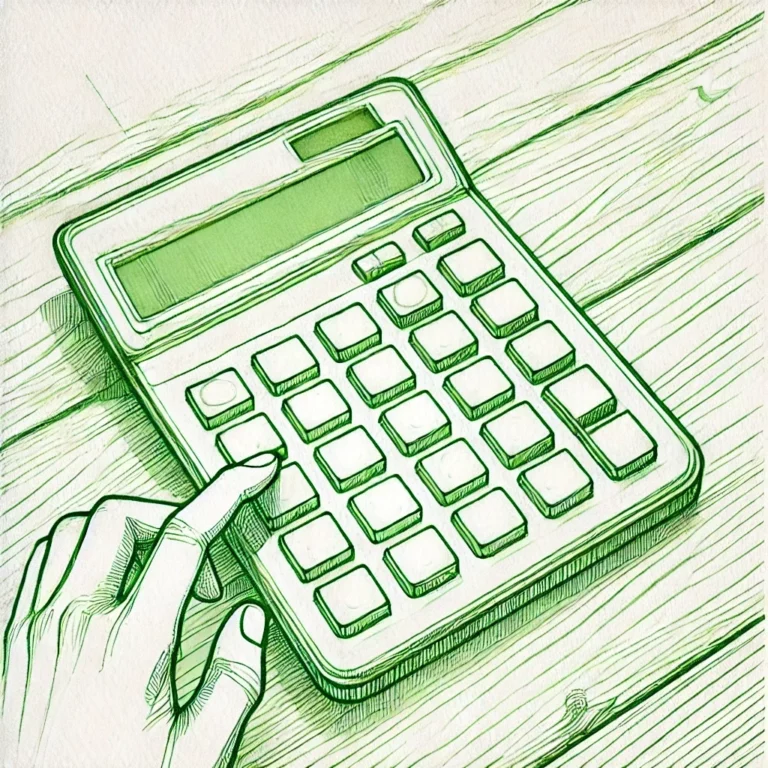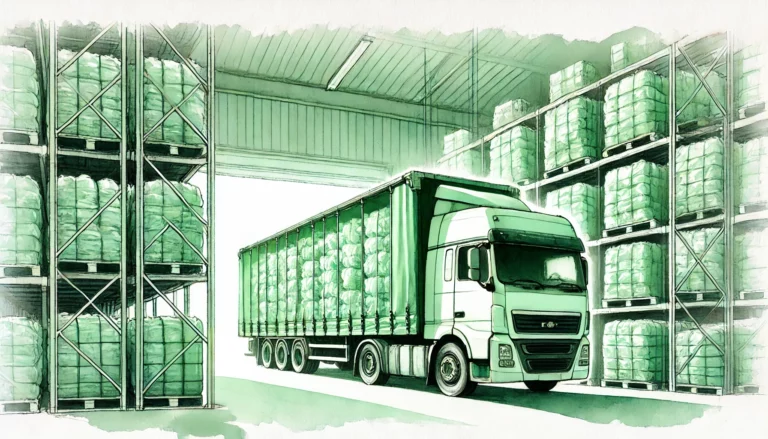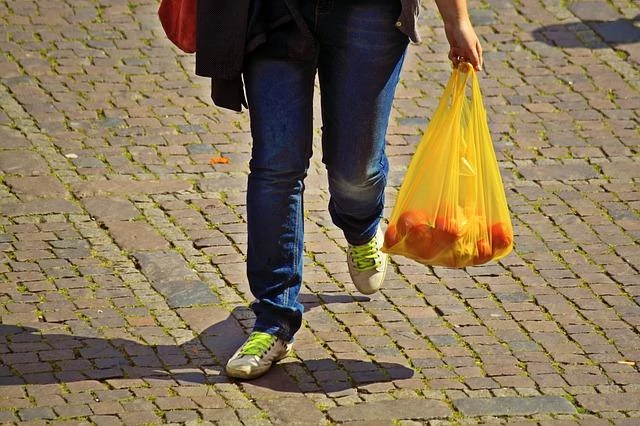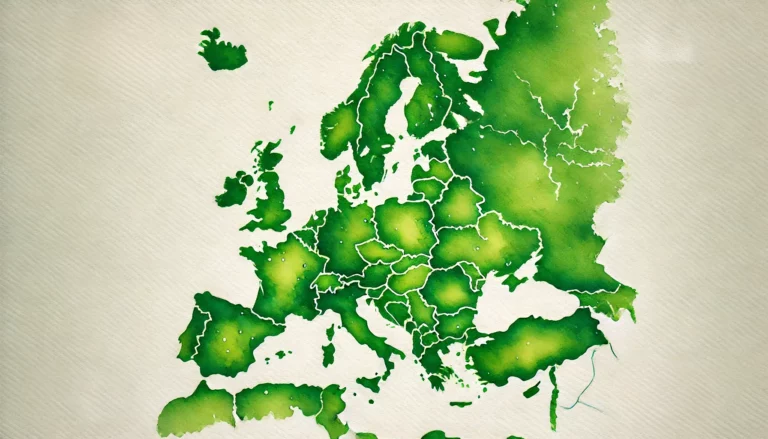China wants to ban the import of waste paper and other waste materials
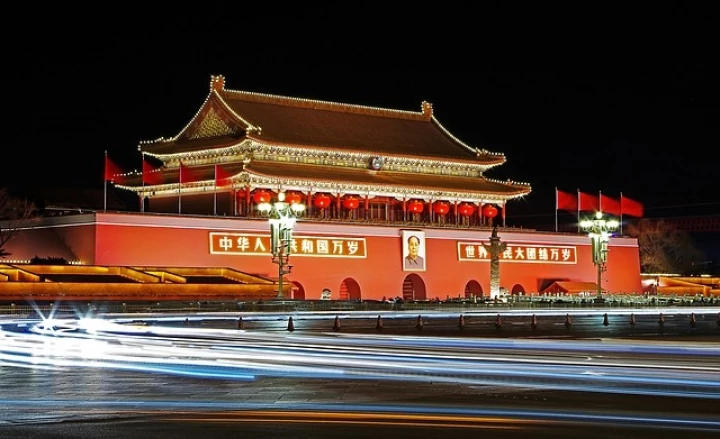
The world's recycling media is in an uproar. The Chinese government contacted the World Trade Organisation (WTO) a few days ago and it looks like what was previously only speculation has become a reality - China wants to ban the import of waste paper. What was the reason for this and what can we expect in the near future and, above all, how will this affect the market?
There are indications that the ban would apply from the end of this year and would cover not only waste paper, but also some textiles, metal waste and plastic. Officials reassure that, in terms of paper, this does not involve a total ban on shipments to China, but only mixed, unsorted and significantly contaminated waste paper.
Faced with this information, the Recycling Association criticised the UK government for neglecting the quality of the recycling it carries out, which may have been one of the reasons behind the Chinese authorities' decision to close the borders to shipments of certain waste.
Colin Clark of Mark Ludon Paper Enterprises in a statement to one of the sectoral portals points out that "the UK, Europe but also other Asian countries put together do not have the capacity to absorb the surplus waste paper generated, so we must do everything to keep the Chinese market open for us, and it will be so if we guarantee high-quality raw materials".
News of Beijing's decision has also reached the United States. The magazine there Waste Today indicates that, in addition to waste paper, the ban is to extend to plastic waste with a particular focus on "polymers of ethylene, styrene, vinyl chloride and PET".
The decision, which the recycling industry has been living with for several days, could seriously damage the global waste market. After all, China is in first place when it comes to countries outside the European Union to which waste from Europe is shipped. Nearly 30% of it goes there.
It appears that China's actions are motivated by concern for the health of its citizens. W document, sent to the WTO, reads that 'large quantities of contaminated waste and even hazardous waste are placed together with solid waste that can be recycled. This seriously threatens China's environment. To protect both it and the health of our citizens, we have decided to amend the list of imported solid waste and ban the import of those that are highly contaminated." Underlying this decision was also the desire to curb the illegal trade in waste entering China.
The document goes on to specify, among other things, what other waste is covered by the ban:
HS 2619 - Slag (other than granulated slag), dross, scalings and other waste from the manufacture of iron or steel
HS 2620 - Slag, ash and residues (other than from the manufacture of iron or steel), containing metals, arsenic or their compounds
HS 3915 - Waste, parings and scrap, of plastics
HS 4704 - Chemical wood pulp, other than wood pulp for chemical transformation
HS 5103 - Waste of wool or of fine or coarse animal hair, including yarn waste but excluding garnetted stock
HS 5104 - Garnetted stock of wool or of fine or coarse animal hair
HS 5202 - Cotton waste (including yarn waste and garnetted stock)
HS 5505 - Waste (including noils, yarn waste and garnetted stock), of man-made fibres
HS 6310 - Used or new rags, scrap twine, cordage, rope and cables and worn out articles of twine, cordage, rope or cables, of textile materials
There are many indications that the Chinese government's decision is final. How will the waste market shape up in 2018 as a result? Time will tell...

